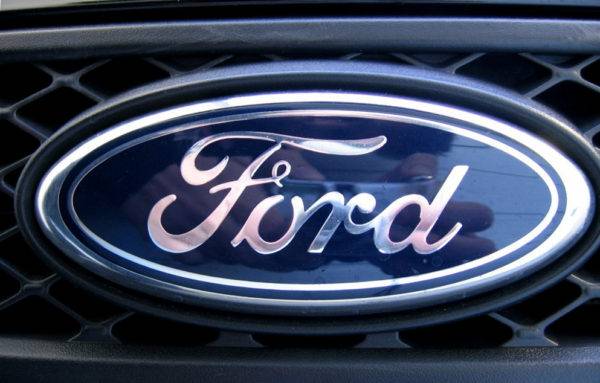Ford announced on Thursday it has partnered with three Techstars Mobility startups from the accelerator’s second annual class.
The three startups, Spatial, HAAS Alert, and Cargo, will continue to develop their products in Detroit with funding from Ford. It follows the end of the Techstars Mobility annual program, which lasts three months. All 12 startups received $120,000 in funding, alongside mentorship from executives at Honda, Verizon, and Apple.
See Also: Get ready for a thermonuclear autonomous ride-hailing war
Spatial is a social mapping service — think Waze meets Foursquare. Users tag places of interest, restaurants, and other locations; the app uses GPS to mark the user’s location.
HAAS Alert uses car-to-car communication to inform drivers when an emergency car is approaching. Google recently patented a system that recognizes police car flashing lights, but HAAS Alert’s method removes the painfully loud sirens from the roads.
Ford backs a store on wheels
Cargo integrates a general store into a taxi, allowing riders to purchase snacks, drinks, and cosmetics while on route to work.
“The possibilities are endless when you combine the experience and influence of a storied company like Ford with the energy and innovation of these inspiring startups,” said Bill Coughlin, Ford global technologies president and CEO.
Ford hasn’t confirmed if any of the three products will be integrated into the company’s first autonomous car, coming in 2021.
The inside the autonomous car is going to look a lot different from the cars of today. We are already seeing concepts that add much more leg space, screens, and tables. By the time we get to 2021, vending machines might not seem like such a weird addition.
Ford CEO Mark Fields confirmed that a ride-hailing app would launch alongside the autonomous car in major cities. There’s little doubt Ford is looking into new distractions for customers, like a vending machine, which could add more revenue per drive.


















